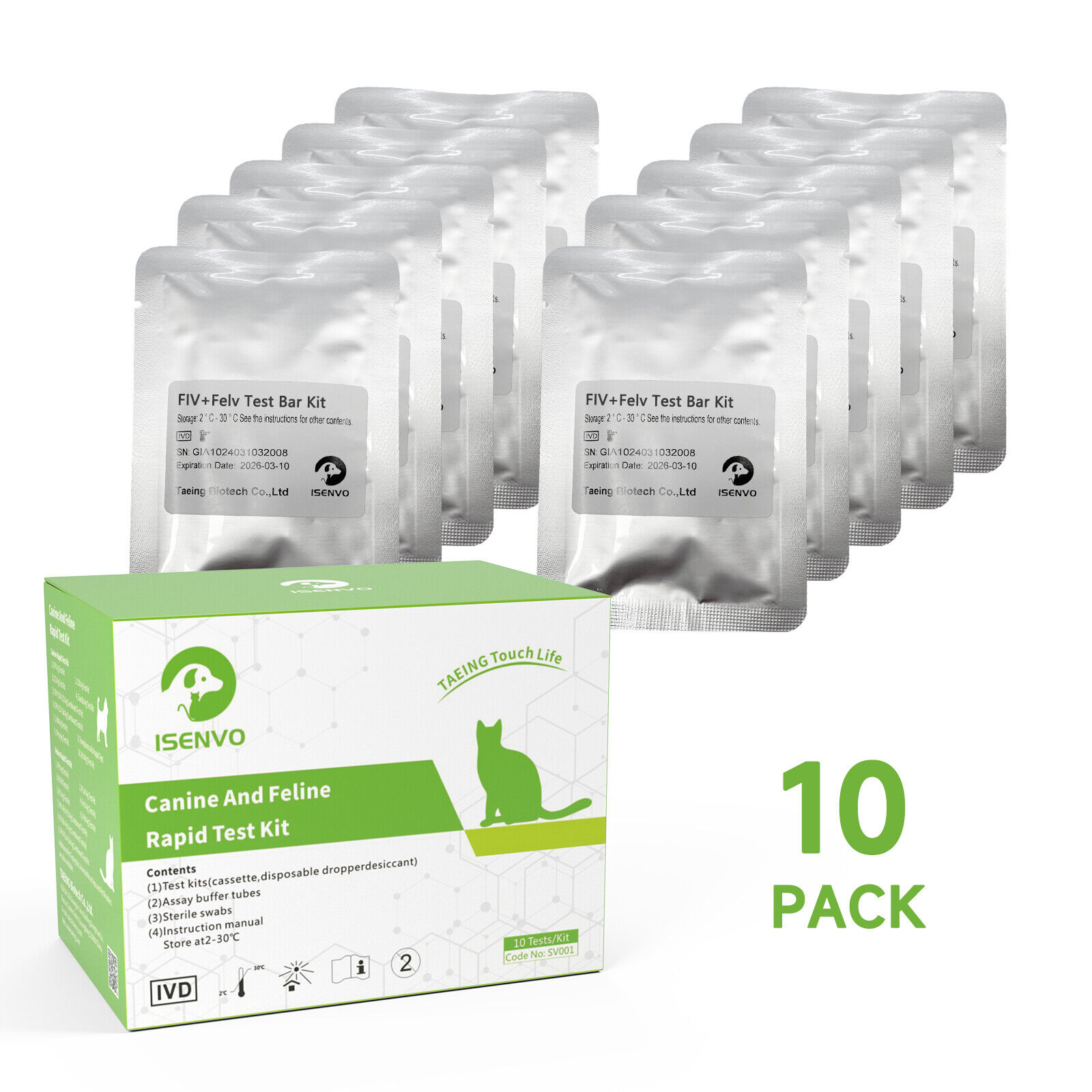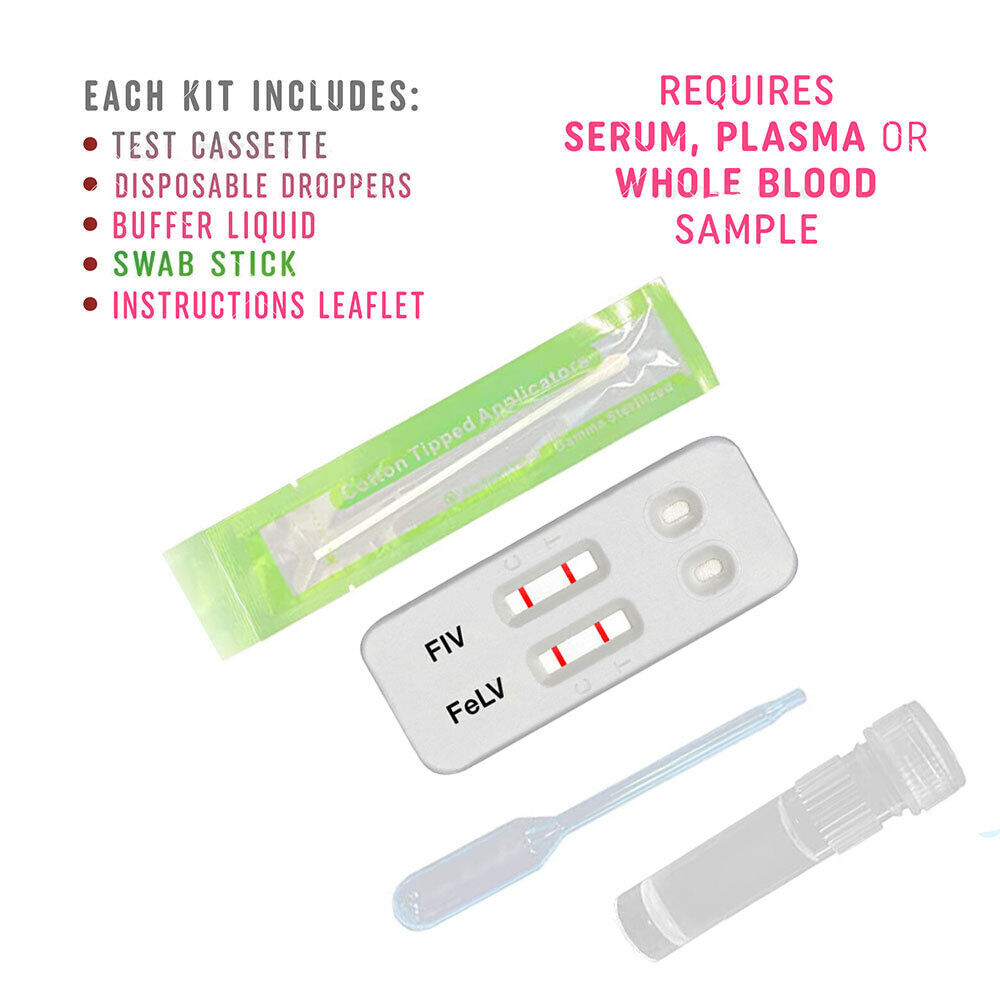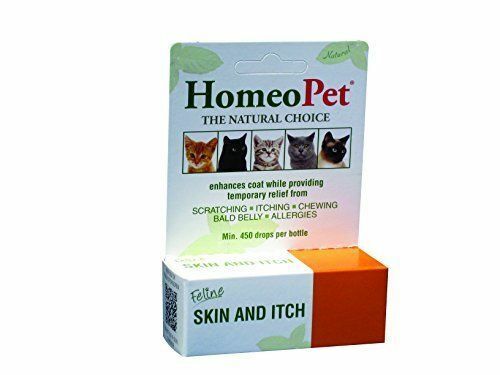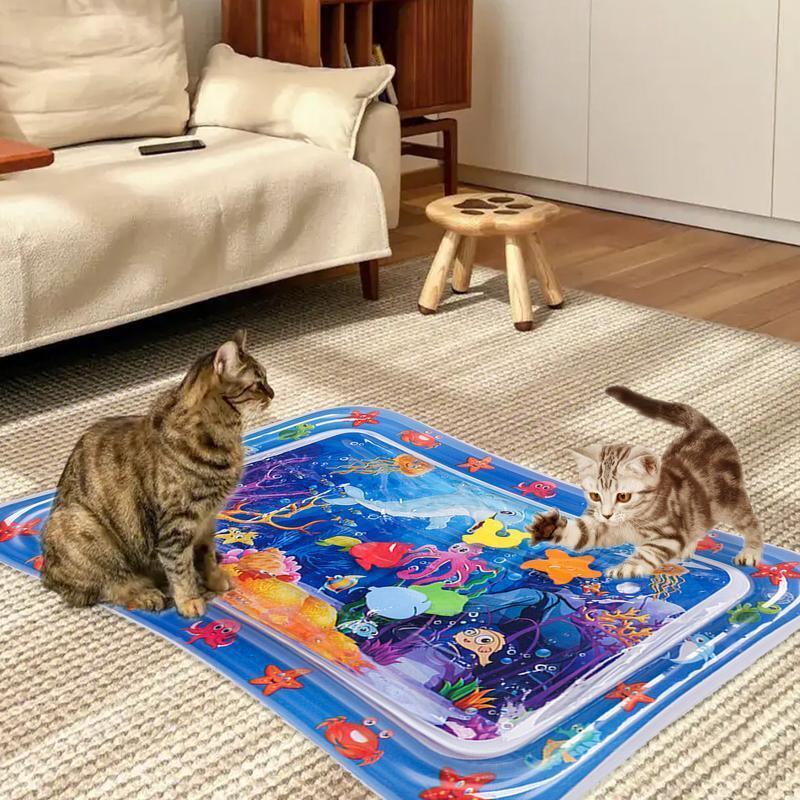-40%
10x FIV FeLV Combo Test- Cats Feline Immunodeficiency & Leukemia Virus Home Kit
$ 34.68
- Description
- Size Guide
Description
10 Pack FIV Ab & FeLV Ag Combo TestFOR CATS
- Feline Immunodeficiency & Feline Leukemia Virus Home Kit
10-Pack comes in original color box packaging.
COMPLETE KIT
Can be performed at home and does not necessary require additional equipment.
Can be used
with or without
a centrifuge.
This test FIV / FeLV test works with
whole blood, serum
or
plasma
sample.
EXP. DATE: 12 months or later
from the date of purchase
Results are ready in 5-10 minutes.
1) What is Feline Immunodeficiency Virus?
The feline immunodeficiency virus (FIV) infection is a complex retrovirus that causes immunodeficiency disease in domestic cats. Whilst most infected cats do not show symptoms, they are prone to developing other infections and certain types of cancer.
FIV is similar to HIV (the human immunodeficiency virus) and causes a feline disease that is similar to AIDS (acquired immune deficiency syndrome). However, FIV is a highly species-specific virus that infects only felines. There is currently no evidence that FIV can infect humans.
What are the symptoms of Feline Immunodeficiency Virus?
An FIV-infected cat may not show any symptoms for years. Once symptoms do develop, however, they may continually progress, or a cat may show signs of sickness interspersed with health for years.
Common symptoms of FIV include:
Enlarged lymph nodes
Fever
Anaemia
Weight loss
Dishevelled coat
Poor appetite
Diarrhoea
Abnormal appearance or inflammation of the eye (conjunctivitis)
Inflammation of the gums (gingivitis)
Inflammation of the mouth (stomatitis)
Dental disease
Skin redness or hair loss
Wounds that don’t heal
Sneezing
Discharge from eyes or nose
Frequent urination, straining to urinate or urinating outside of litter box
Behaviour change
How do cats contract the infection?
FIV is mainly passed from cat to cat through deep bite wounds, the kind that usually occur outdoors during aggressive fights and territorial disputes.
On rare occasions infection is transmitted from an infected mother cat to her kittens, usually during passage through the birth canal or when the newborn kittens ingest infected milk. FIV does not seem to be commonly spread through sharing food bowls and litter boxes, social grooming, sneezing or sexual contact.
2)What is Feline Leukaemia Virus?
Feline leukemia virus (FeLV) is a disease that impairs the cat's immune system and causes certain types of cancer. This virus infection is second only to trauma as the leading cause of death in cats, killing 85% of persistently infected felines within three years of diagnosis. The virus commonly causes anaemia or lymphoma, but because it suppresses the immune system, it can also predispose cats to deadly infections. It affects all breeds, with males more likely to contract the infection than females, and it is usually seen between the ages of one to six years old.
What are the symptoms of Feline Leukaemia Virus?
Cats infected with FeLV may exhibit one or more of the following symptoms:
Pale gums
Yellow colour in the mouth and whites of eyes
Enlarged lymph nodes
Bladder, skin, or upper respiratory infections
Weight loss and/or loss of appetite
Poor coat condition
Progressive weakness and lethargy
Fever
Diarrhoea
Breathing difficulty
Reproductive problems like sterility in unspayed female cats
Stomatitis ? Oral disease that includes ulceration of gingiva
How do cats contract the infection?
FeLV is usually contracted from cat-to-cat transmission (e.g. bites, close contact, grooming, and sharing dishes or litter pans). It can also be transmitted to a kitten at birth or through the mother's milk. Kittens are much more susceptible to the virus, as are males and cats that have outdoor access.












